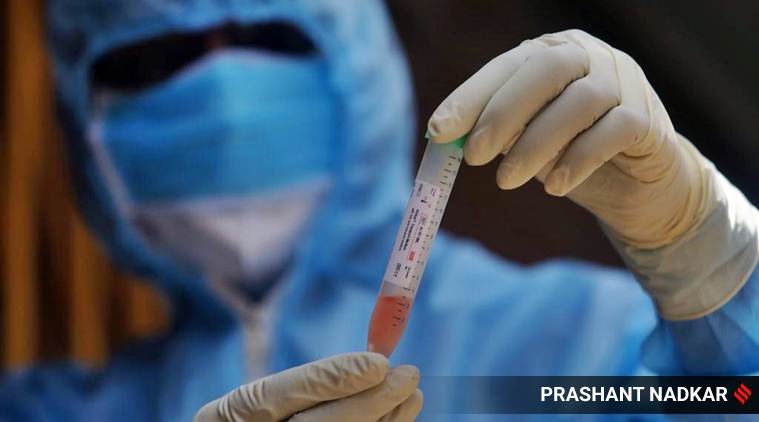 Remdesivir was originally developed to treat the Ebola disease, (Representational Photo)
Remdesivir was originally developed to treat the Ebola disease, (Representational Photo)
The first randomised trial of Remdesivir suggests that the antiviral drug is not associated with significant clinical benefits and more research is required, a study published in The Lancet said on Wednesday.
Treatment with remdesivir does not speed up recovery from coronavirus compared to placebo in hospitalised patients who are critically ill, according to the first randomised trial of its kind involving 237 adults (aged 18 and older) from 10 hospitals in Wuhan, China.
Although the study is the first randomised controlled trial (considered the gold standard for evaluating the effectiveness of interventions) of remdesivir, the authors caution that interpretation of their findings is limited because the study was stopped early after they were “unable to recruit enough patients due to the steep decline in cases in China”. They conclude that more evidence from ongoing clinical trials is needed to better understand whether remdesivir can provide meaningful clinical benefits.
In the absence of any known treatment for COVID-19, remdesivir is one of a handful of experimental drugs undergoing clinical trials worldwide. It has only been available to patients with COVID-19 on compassionate grounds (the use of unapproved drugs when no other treatment is available). In the trial, all patients received standard care, including lopinavir–ritonavir, interferons and corticosteroids.
“Unfortunately, our trial found that while safe and adequately tolerated, remdesivir did not provide significant benefits over placebo,” says Professor Bin Cao from the China-Japan Friendship Hospital and Capital Medical University in China, who led the research. “This is not the outcome we hoped for, but we are mindful that we were only able to enrol 237 of the target 453 patients because the COVID-19 outbreak was brought under control in Wuhan. What’s more, restrictions on bed availability resulted in most patients being enrolled later in the disease course, so we were unable to adequately assess whether earlier treatment with remdesivir might have provided clinical benefit,” he was quoted as saying in The Lancet.
“Future studies need to determine whether earlier treatment with remdesivir, higher doses, or combination with other antivirals or SARS-CoV-2 neutralising antibodies, might be more effective in those with severe illness,” the study said.
Remdesivir was originally developed to treat the Ebola disease, and is designed to interfere with the way a virus reproduces, thereby stopping it from multiplying inside the body. It has been shown to successfully block SARS-CoV-2 from replicating in vitro, and had activity against other coronavirus infections like Severe Acute Respiratory Syndrome (SARS), Middle East Respiratory Syndrome (MERS) and COVID-19 in animal studies. Case studies have also reported benefit in some severely ill patients with COVID-19, but until now, there have been no clinical trials of remdesivir, so its efficacy against COVID-19 in patients is unknown.
In this study, 237 adults hospitalised with severe laboratory-confirmed SARS-CoV-2 infection were enrolled between February 6 and March 12.
No statistically significant difference in time to clinical improvement was noted between the groups (average time to clinical improvement 21 days for remdesivir group vs 23 days placebo group)